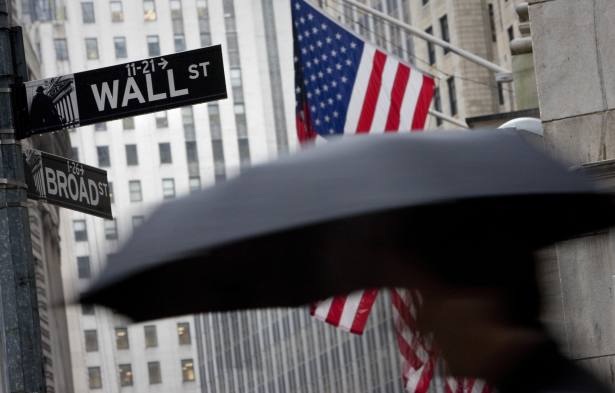
Out of 26 countries, the USA had the highest cyclically adjusted price earnings (Cape) ratio – a popular measure of equity valuations – at the end of June, according to data from Barclays.
The Cape ratio, which is calculated by dividing price by the 10-year average of inflation-adjusted earnings, was at 28.51 for the USA, 19.65 for Europe and 16.67 for the UK on June 30.
“US stocks always trade at a premium to other developed markets,” says Felix Wintle, North American Fund manager at VT Tyndall. “The US has much higher growth. If you boil it down, equity valuations come down to growth. The more growth, the higher the valuation. The less growth, the lower the valuation.
“This is also why the US outperforms other developed markets over time. Markets like growth and are willing to pay up for it, and growth leads to outperformance.
“There is also a compositional element to the indices which define geographical performance. European indices are dominated by more cyclical companies, the FTSE 100 being the perfect example – lots of banks and energy – and these are lowly valued industries due to their cyclicality. The US indices have much more exposure to growth companies and this is why they look more expensive.”
US equities
In sectors such as tech and biotech that are less represented elsewhere, US equities have traded at a premium, says Richard de Lisle, lead portfolio manager of the VT De Lisle America Fund.
Leslie Alba, associate director of research at Morningstar Investment Management, agrees. “I think we’ve seen more recently that US equities have traded at a premium compared to other developed markets. I think the main driver of this is the difference in the sector composition or the types of companies that are traded on the US stock market relative to, let’s say, the UK.
“The US has a lot of tech stocks, high-growth stocks and consumer discretionary as well, some healthcare stocks. Where the UK has historically had higher exposure to energy, material and financial stocks.
“So without that growth coming from the UK, the US probably does warrant a bit of a premium compared to our domestic market. But that said, I think the premium that the US equity market is trading at currently is still too high, relative to what it should be trading at. And this is due to those high-growth expectations just being a bit more overshot by the market.”
But for smaller and mid-cap stocks, de Lisle adds that the US is cheaper. “Our fund has a trailing price-to-earnings of 8x, and I certainly couldn’t find such high-quality, fast-growing stocks elsewhere in the world at these low ratings.”








